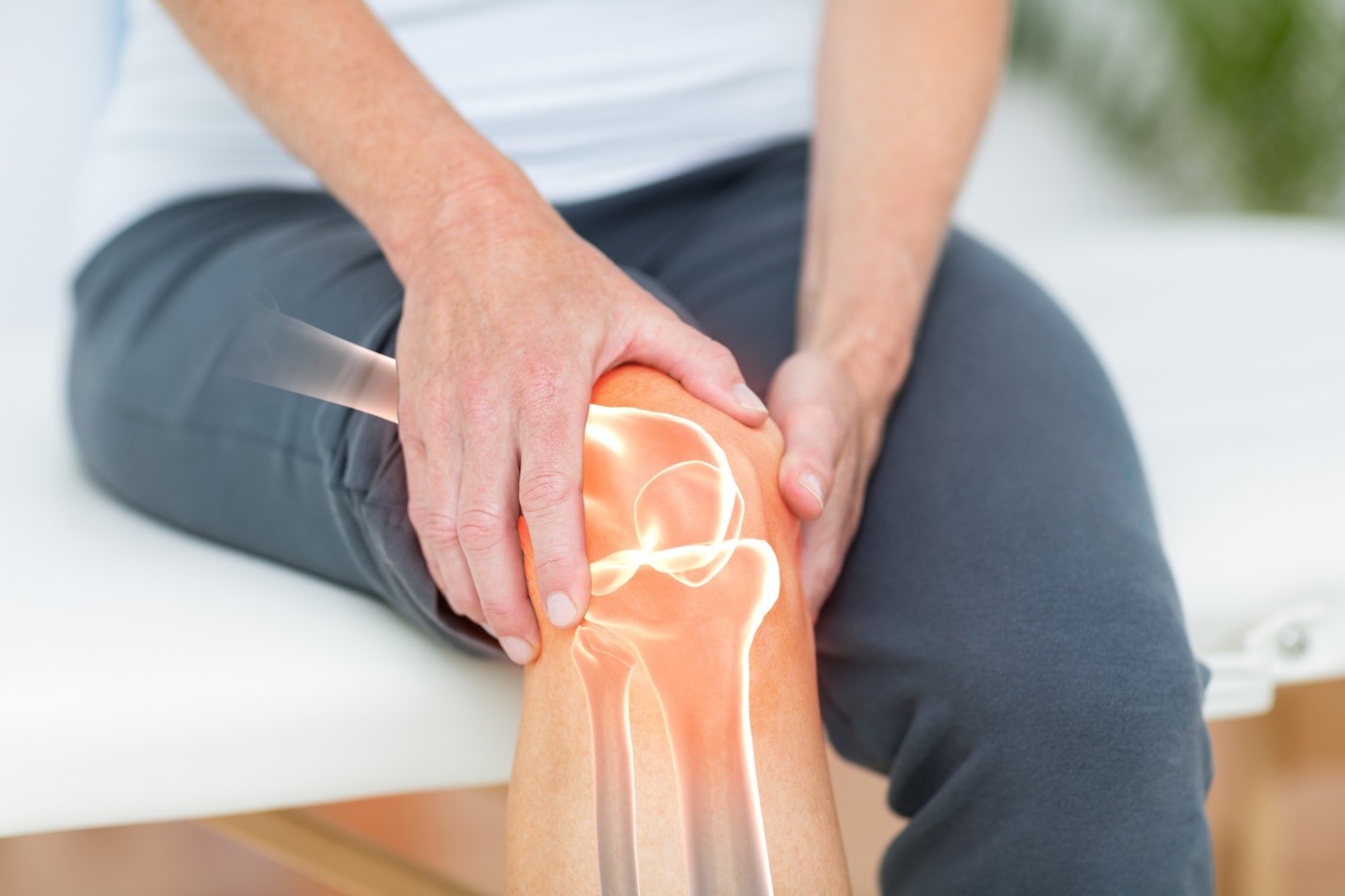Did you know there are over 100 types of arthritis? Regardless of which one you struggle with, they all have one thing in common — the pain can be unbearable.
More than 54 million Americans have been diagnosed with some form of arthritis, and that number is expected to jump to over 78 million by the year 2040. Because so many people are battling its difficult effects, various treatments have become available, from medications to therapy.
That said, working with an occupational therapist or trying medication may not be enough. If the severity of your arthritis or other joint pain is debilitating, orthopedic surgery might be the most beneficial option.
Here, we will take a closer look at an orthopedist’s role and when it’s time to consider your options for orthopedic surgery.
What Does an Orthopedist Do?
So, what exactly do orthopedists specialize in, and how can they help your painful joints?
Orthopedic specialists and surgeons focus on treating the skeletal system, joints, ligaments, and muscles. Specifically, they diagnose and treat joint and bone diseases.
Some of the most common conditions treated by orthopedists include nerve pain, neck and back pain, osteoporosis, sciatica, and arthritis.
Before visiting an orthopedic surgeon, many seek treatment from rheumatologists. They specialize in inflammatory autoimmune disorders in the body, including the different types of arthritis. When your symptoms start interfering with daily life, and you’ve exhausted every other treatment option, orthopedic surgery is a viable option for pain relief.
Signs You Should Consider Orthopedic Surgery
First, let’s take a look at the two most common types of arthritis:
Rheumatoid Arthritis
This type of arthritis is an autoimmune disease when the immune system attacks your joints. Pain and stiffness can appear rather quickly, over a few weeks to months.
The most common symptoms include:
• Pain and stiffness in joints of the hands, feet, elbows, knees, wrists, and ankles
• Inflammation that, if left untreated, can lead to permanent joint damage
Osteoarthritis
Osteoarthritis causes the cartilage in your joints to break down. In contrast to rheumatoid arthritis, it tends to develop gradually over the years. Your joint cartilage wears down until the bones of your joints rub together.
Symptoms include:
• Stiffness in the morning until you start moving your joints
• Joint pain, both burning and sharp, typically in the knees, hips, hands, feet, and spine
• Muscle weakness around the affected joint
• Hearing cracking or creaking
• Deformed joints as the disease gets worse
When Your Symptoms Mean Something More
As with any type of arthritis, the joint pain and stiffness you endure are tough to deal with. But when is it time to consult an orthopedic surgeon?
Let’s say you’ve tried every arthritis treatment under the sun — hot or cold treatments, therapy, medications, injections, and physical therapy. If the pain persists and it’s beginning to alter your quality of life, it might be time to consider surgery.
Usually, your physician or rheumatologist will refer you to an orthopedic surgeon.
Orthopedic Surgery for Arthritis
If you’re struggling with hand stiffness or desperate to learn how to relieve pain in arthritic knees, you’re not alone. While there are many beneficial options to relieve symptoms, they don’t always work. (Which can be incredibly frustrating.)
When you’ve exhausted all other options, surgery may be the solution you need. Here’s a look at the different types:
Arthroplasty: Rebuilding or totally replacing arthritic joints, intended for those who find daily tasks impossible to complete
Synovectomy: A solution for rheumatoid arthritis that involves removing the joint’s inflamed tissue lining (synovium)
Osteotomy: Adjusting bone positions for those who have arthritic deformation
Arthrodesis: Removing the damaged joint altogether and fusing together bones that meet at the joint
Resection: Resectioning or removing damaged bones in the foot to relieve pain
Find the Best Treatment Option for Your Joint Pain
Dealing with arthritis pain isn’t easy. Thankfully, there are a number of options to get you feeling like yourself again.
So, is orthopedic surgery the best option for you? The most significant upside to surgery is eliminating pain, stiffness, and discomfort. You’re able to get back to everyday life and all of the activities you love.
Of course, joint surgery is not for the faint of heart. It involves a great deal of time and commitment to ensure a successful recovery. That said, the process may be worth it to relieve you of the pain you’ve been suffering.
For more tips on health and wellness, be sure to check out the rest of the articles in our Health & Wellness section!




